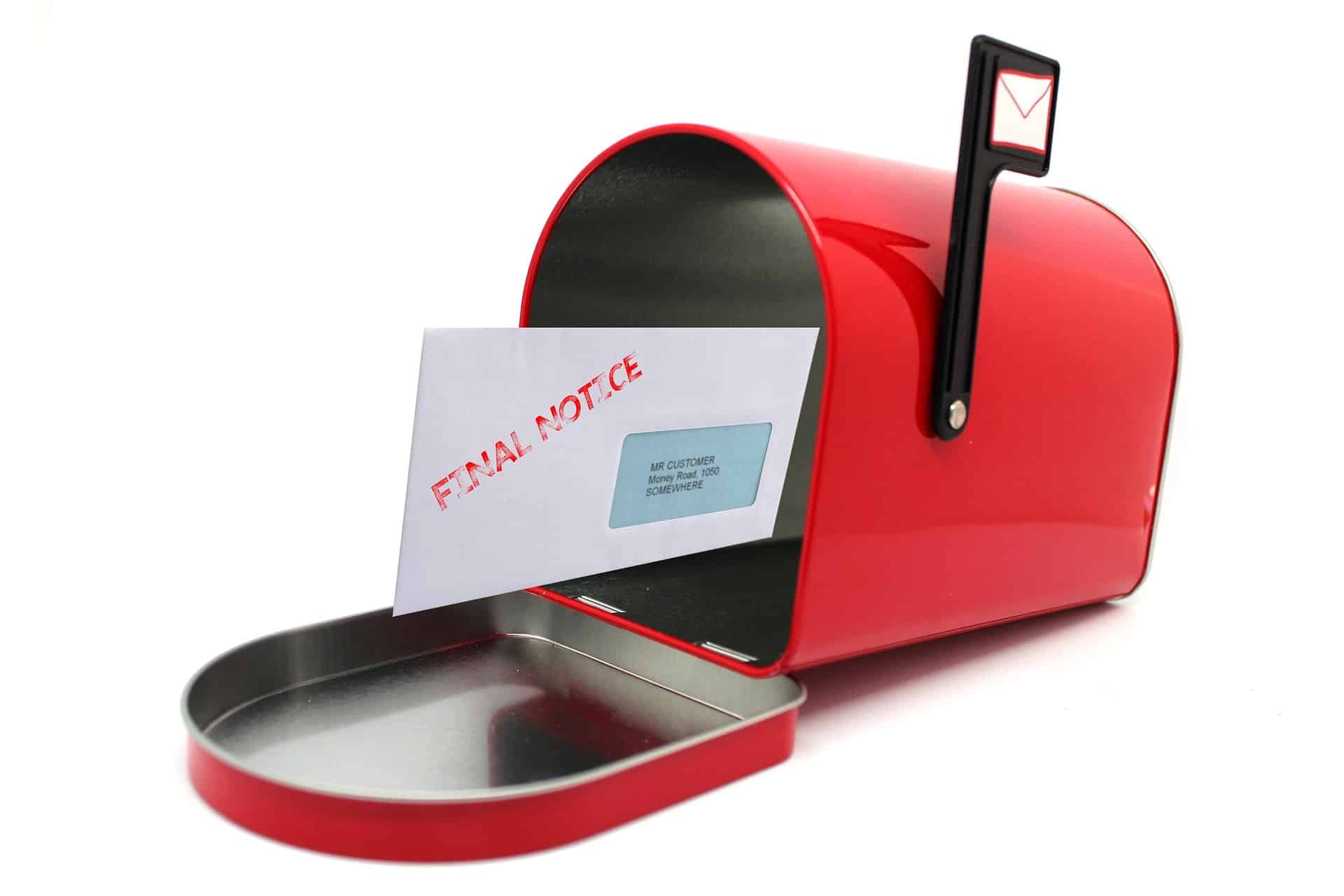One of the main concerns for landlords is rent arrears. Fear is often instilled as soon as a landlord notices a missed payment.
However, it doesn’t necessarily mean the start of continual rent arrears. Citylets gives advice below on the recommended steps to help prevent the situation escalating to something more serious or prolonged.
Start at the beginning
Steps can be taken at the initial stages of tenant selection to help lessen the chance of rental arrears. The NLA advise of a few procedures to consider:
* Request pay slips and a reference from their employer – this will show the regular income earned by the tenant and whether the job is permanent or temporary. It will also help indicate to the landlord whether the tenant can realistically afford the rent.
* Obtain a landlord reference to show that the tenant has not previously missed rent payments.
* Perform a credit check to ensure the tenant does not have any debt that could increase the chance of missed rental payments.
Make contact immediately
If a landlord is experiencing rent arrears, TC Young, a Scottish law firm acting for landlords and agents throughout Scotland, recommends that they contact the tenant as soon as a month’s payment has been missed. It is advisable to make contact in writing, be it text, email or letter and keep copies of all steps taken should it actually go to court at a later stage.
It is important to approach the tenant with an open manner and to be seen to be offering assistance rather than harassment. The tenant is far more likely to open up to the landlord and so a relationship of trust between both parties can hopefully be established.
Tenants’ rights
Two separate laws; The Rent (Scotland) Act 1984 and the Protection from Harassment Act 1997, both ensure that landlords do not act in a way that could be perceived as interfering with their tenant’s well-being within the property or be seen to be distressing the tenant over non-payment.
Aim to establish a mutual agreement
Adopting a softer/kinder approach can help enable the landlord to establish the real reason for a missed payment. Often missed rent is caused by a temporary financial situation rather than something more drastic. If the situation appears to be short term, a written agreement could be documented between the tenant and landlord stipulating acceptable timings for the missed payment and upcoming future rents to be made.
The National Landlords Association (NLA) also suggests involving a guarantor who can step in and pay any missed rent or future rents should the tenant be unable to. This should always be setup in a formal written agreement where the guarantor has a clear understanding of their responsibility. If it does emerge that the situation is more severe, a discussion should be had as to whether the tenant can afford to remain in the property.
If all else fails…
Should the situation become more prolonged and serious, and it’s not possible to end the tenancy, then a court order can be applied for. Under the new Private Housing (Tenancies) (Scotland) Act, due to be enforced this year, landlords can only apply for eviction if the rent has been in arrears for three or more consecutive months. Further information on obtaining possession of property can be found at www.scottishlandlords.com or www.landlords.org.uk











